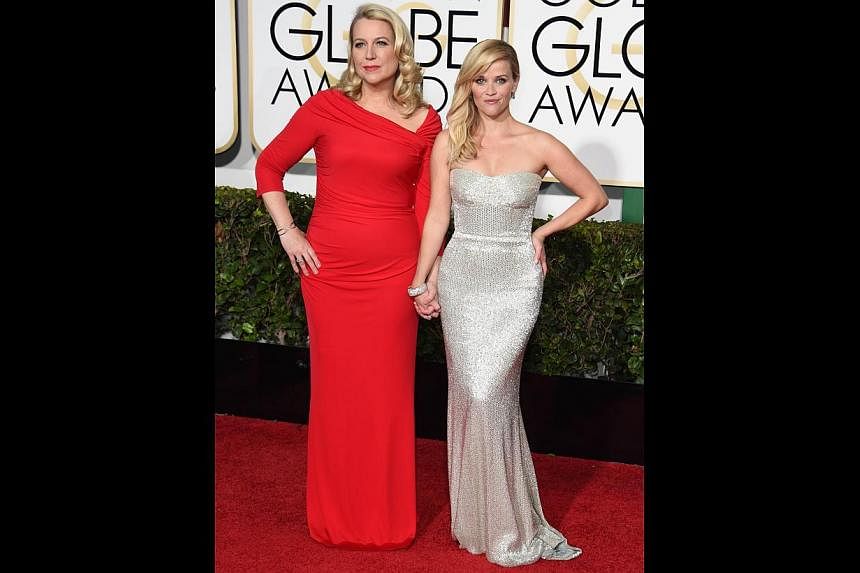Author Cheryl Strayed is glad that her memoir Wild dodged a bullet. Despite it sharing traits with other best-selling travelogues or reminiscences written by women, it managed to avoid the narrow confines of the "chick lit" or "woman's book" label.
"It's frustrating that a lot of women writers, especially if they write stories about their lives, are saddled with the assumption that the books will not be relevant to men," she tells Life! on the telephone from the United States.
Women grow up identifying with male characters in books, but few men are willing to extend the same courtesy to female characters.
She is also aware of the male disdain for popular entertainment made by or for women.
"That's the way sexism works. We put the female experience on the margins, take it less seriously or think that it speaks a particular truth, not a universal human one.
"It's time for us, as a culture, to think deeply about why so many men don't take women's stories into their own lives," says the 46-year-old.
Wild: From Lost To Found On The Pacific Crest Trail, her second book, is a record of her solo 1,800km journey on the hiking trail that runs along the West coast of the United States when she was 26.
The trek was triggered by the death of her mother Bobbi, whom she was close to.
The film based on the bestseller opens in cinemas this week. It received nominations at the Academy Awards in two categories: Reese Witherspoon, who plays Strayed in the biopic, has a Best Actress nod, while Laura Dern, playing her mother Bobbi, has one for Best Supporting Actress.
Talk show host Oprah Winfrey promoted Wild when it was published in 2012. Winfrey's anointing of the book, its first-person account of a woman's experience of emotional recovery and its first wave of mostly female readers should have caused it to be shunned by males.
Strayed, however, is glad to note that she gets an equal amount of fan mail from men and women.
"Men say to me, 'I didn't think I was going to like your book, but my wife read it, or my daughter read it, and they told me to read it'. The men end up loving the book more than the women," says Strayed, whose surname was Nyland before a legal name change.
Her book was adapted for the screen by British writer Nick Hornby, for Witherspoon's film production company Pacific Standard, set up in 2012 to address the shortage of films telling women's stories.
Strayed's husband is film-maker Brian Lindstrom, in what is her second marriage. They have two children.
As the film's associate producer and as an actress - she has a bit part as a truck driver - Strayed is invested in the film's success and is particularly pleased with how director Jean-Marc Vallee (Dallas Buyers Club, 2013) turned words on a page into images without resorting to easy script devices, such as voiceovers or inserting supporting characters who listen while the star talks.
"The book is so internal… a huge percentage of it is about what I'm feeling. In cinema, the solution is, 'Let's have this character have a dialogue with somebody about what she is thinking'," she says.
The film is deliberately ambiguous about the "why" behind her arduous solo trek, a journey which put her in harm's way several times. One reason that circulated after her film opened was that the walk was a form of self-harm. That interpretation is incorrect, she says.
The reason came to her only when she began writing the book in 2008, 13 years after her long walk.
She says: "I was not conscious of it at the time of the hike, but I was creating a rite of passage ritual for myself. It's what we used to do in various cultures. When you are moving into adulthood, you put yourself to a test of endurance."

